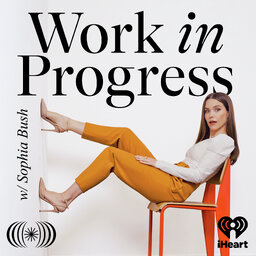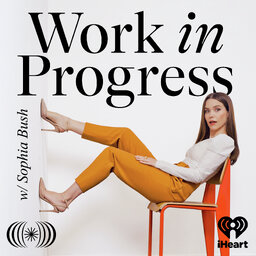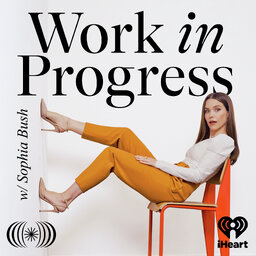Eric Zimmer is a behavior coach and host of the One You Feed podcast. Eric joins Sophia on the podcast to talk about how he went from struggling with a heroin addiction, alcoholism, and homelessness, to turning his life around, rebelling against masculinity, his spiritual habits program, and so much more!
Executive Producers: Sophia Bush & Rabbit Grin Productions
Associate Producers: Samantha Skelton & Mica Sangiacomo
Editor: Josh Windisch
Artwork by the Hoodzpah Sisters
This show is brought to you by Brilliant Anatomy
 Work in Progress with Sophia Bush
Work in Progress with Sophia Bush


